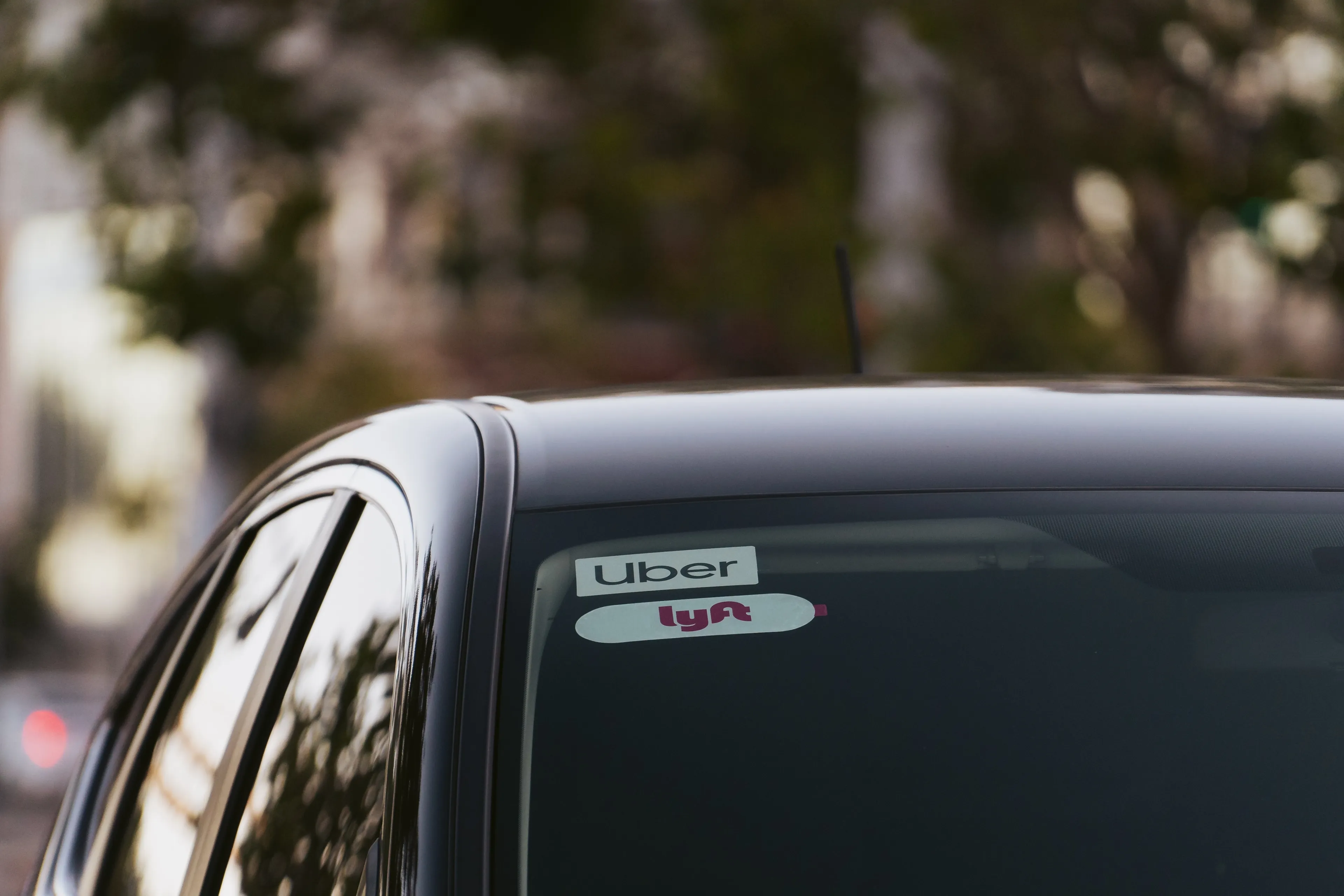Uber and Lyft Are Transforming Medical Transportation for Patients

Uber and Lyft Revolutionizing Patient Transportation
In today's healthcare landscape, accessibility is paramount. Uber and Lyft have transformed the way patients reach medical care, particularly in remote regions. These platforms are not just ridesharing services; they are lifelines for patients who struggle with transportation barriers.
The Impact on Healthcare Access
- Increased Access: Patients report feeling more empowered to seek timely medical attention thanks to the convenience these services offer.
- Cost Efficiency: Rideshare options often present a more affordable solution compared to traditional transportation methods.
Rural Areas in Focus
In areas where public transportation is scarce, Uber and Lyft play pivotal roles in ensuring that healthcare remains accessible. They enable patients to travel from their homes to specialized medical facilities in major cities, effectively helping to mitigate transportation woes.
Future Implications
- As healthcare systems evolve, the partnership between technology and patient transport is likely to deepen.
- This shift could pave the way for new models of care delivery, further integrating technology into health services.
This article was prepared using information from open sources in accordance with the principles of Ethical Policy. The editorial team is not responsible for absolute accuracy, as it relies on data from the sources referenced.